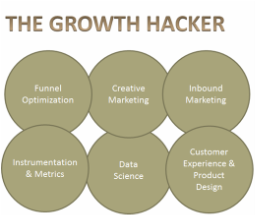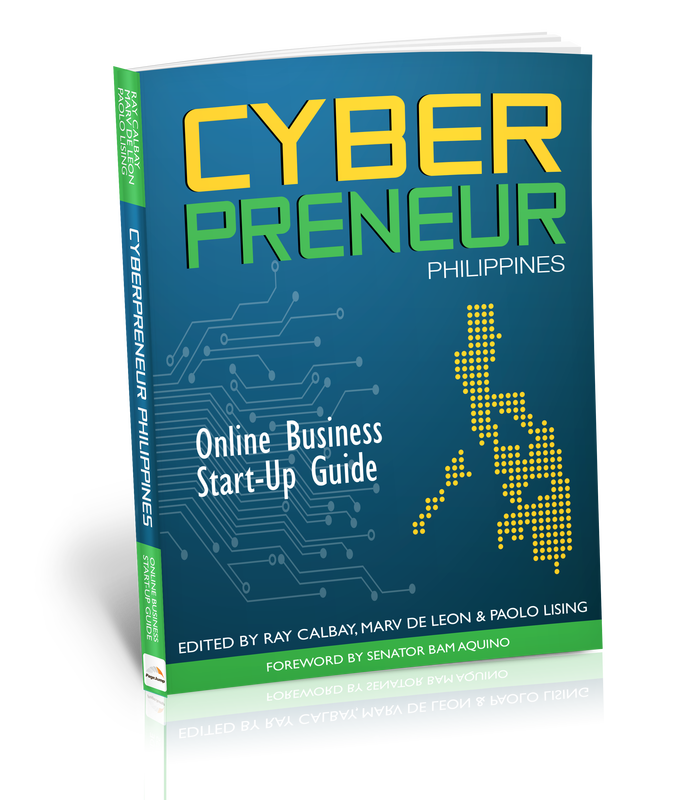|
These days, we’ve been talking a lot about growth hacking in my current company. I was skeptical about its implementation at first, since our company is a relatively old one, having been operating for more than 10 years already. This might be a case of “teaching an old dog new tricks”. But since I’m part of the group that’s evangelising on it right now across various functional teams, I figured it might not hurt to look again and see it is about, what we can get from it. First, let's start with the basics. What is growth hacking? Growth hacking as a concept is just a new way of looking into Marketing. Remember that the goal of Marketing is to reach the market and get target customers buying a product or service. This is achieved in many ways depending on which method you follow.
According to Andrew Chen, who wrote a popular article called "Growth Hacker is the new VP of Marketing": “Growth hackers are a hybrid of marketer and coder, one who looks at the traditional question of “How do I get customers for my product?” and answers with A/B tests, landing pages, viral factor, email deliverability, and Open Graph. On top of this, they layer the discipline of direct marketing, with its emphasis on quantitative measurement, scenario modeling via spreadsheets, and a lot of database queries”. I think Chen didn’t really mean it literally when he said “hybrid of marketer and coder”, because in truth, even a non-coder can be a Growth Hacker, as long as he/she is very familiar with lean and agile processes.
In the case of my previous companies, I realized now that what we may have missed is real and relevant data. Not just old data, but also immediate data on user’s receptiveness about what we were doing. Also, many of our initiatives were rather long-term in duration and took a while to evaluate. One of the nice features of Growth Hacking is that it is anchored on realism, unlike traditional marketing which is based mostly on optimism and which may oftentimes be unfounded. While Growth Hacking doesn't always mean success, it guarantees that if a company fails, they'd know about it sooner so they can still course correct. So how does an “old company” like ours hack growth? 1. A requisite for growth hacking is iterative testing. If a company doesn't operate lean and agile, then it has to go through a “transformation” towards agile first before adopting the idea of Growth Hacking. 2. There has to be committed, passionate champions. Usually, people get excited about new concepts. But then after a while, they’d go back to old ways of doing things. Someone has to be there to keep the fire burning.. 3. Old companies may need to reorganize to get rid of bureaucracies. I’m not sure about this part though, but I think that a large company with a very deep org structure and bureaucratic processes might not succeed in Growth Hacking because of inherent speed limitations. By the time ideas get approved, it’d be too late already. OK, I'll write more soon. I’ll just keep this article short because I realize now my writing is too verbose and anti-lean now. Haha. |
AUTHOR
I'm passionate about business, art, and technology. For more about me, click here.
BOOK PROJECT
Here's a book I co-wrote with a bunch of industry colleagues. Not sure if you'll find it useful, but feel free to check once you can. OTHER SITES
Personal
Tortured squid Hobbies & other stuff Work LegalMatch Philippines Artcebu Others Ateneo Graduate School of Business University of San Carlos Archives
October 2020
|


